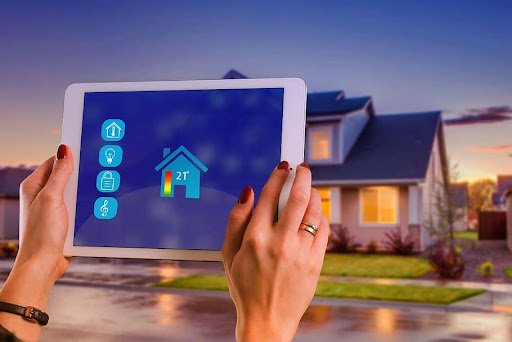Smart homes are brilliant products of technology. But they come with the additional risk of getting hacked. Follow the simple steps provided here to stay safe.
Smart homes are the new beauty of modern cities. Be switching your lights off lying in your bed, just by saying ‘switch off the lights’ or monitoring your home through your phone, sitting in a different city; technology has come a long way in making life easier. However, all these conveniences come with a hidden risk. Your smart home could be hacked without you knowing. It sounds scary, but instead of being paranoid, understanding how these systems work and knowing what to do in such a situation can help keep you safe.
At its most basic function, a smart home is actually a residence equipped with a set of devices interconnected through the internet. They can communicate with each other, be automated for specific tasks, and be remotely controlled from even a smartphone. They could be your lights, thermostat, door locks, fan, or even your fridge. You can control those things with phone apps or voice assistants from anywhere, which is really convenient.
But because these devices are connected online, they can be soft targets for hackers who want to get into your system through malicious attempts.
Hackers look for the weakest spots. Sometimes it is a weak Wi-Fi password or a device that has not been updated for quite some time, which has widespread security flaws. To hackers, a smart home is no different than a regular home to a burglar. A small slip-up can mean that your privacy or important data can be compromised.
Once hackers get in, they might spy on you through your camera, unlock doors, or play with your devices. They frequently get in by cracking passwords or deceiving people into clicking on bad links.

The encouraging news is that you can take several steps to safeguard your Smart Home. Here is what to do:
If you think someone got into your smart home, do not panic. Follow the steps below:

The companies making these smart devices want to keep your home safe, too. They work hard to fix problems and add security features. But no matter how good they are, you still need to take care of your side as a user.
Smart homes are great, but they need caution. Adopting simple measures can stop hackers from ruining your peace of mind. If you are not sure how to protect your home, our tech experts can help you set things up safely. In the end, a little caution goes a long way to keep your smart home protected and safe.
References:
https://www.kaspersky.com/resource-center/preemptive-safety/smart-home-security
https://en.wikipedia.org/?title=Smart-Home&redirect=no
https://www.techslang.com/definition/what-is-a-security-hole/
https://en.wikipedia.org/wiki/Help:Two-factor_authentication
https://en.wikipedia.org/wiki/Factory_reset
https://wokegenics.com/google-patches-android-zero-days-and-60-more-bugs/
https://wokegenics.com/top-password-managers-of-2025-a-regular-users-honest-guide/
https://wokegenics.com/cybercrime-is-rising-5-ways-to-protect-yourself-online/
https://wokegenics.com/emerging-cybersecurity-challenges-how-to-solve-them/
https://wokegenics.com/the-latest-ai-innovations-whats-next/